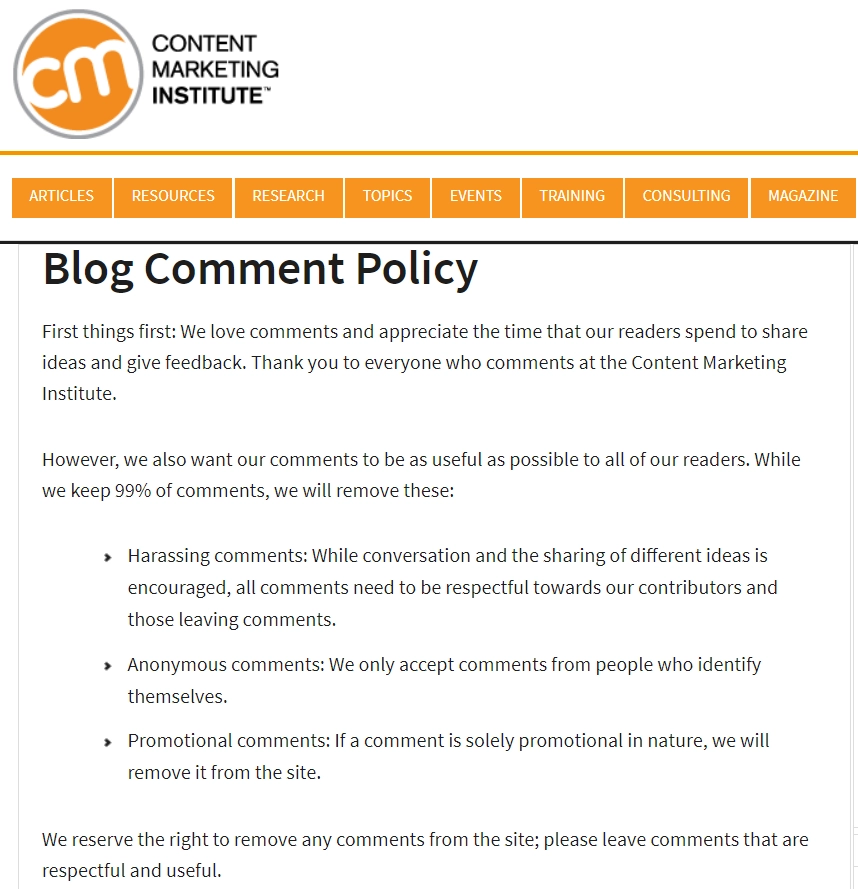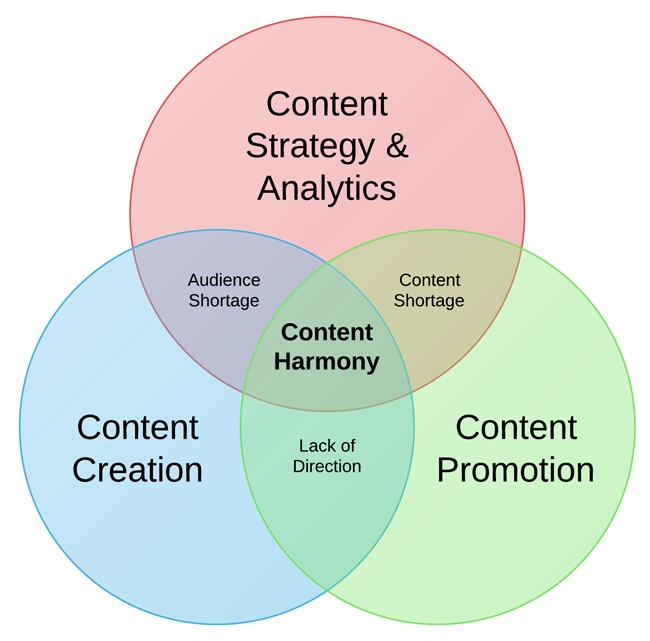
Let's talk about enabling comments on your blog or site. Imagine speaking in an empty auditorium with an audience that offers a big fat zero in the Department of Reactions? It would hardly be the rewarding and useful experience that you were looking for. Reactions are a barometer of consensus. In this day and age where social proof is the measure of success, it is mandatory that the proper infrastructure is put in place to ensure an easy dialogue by enabling comments. Just like how a cursive font can be expressive and offer a sense of addition, so too can the right commenting platform.
A Brief History of Commenting

It is documented that during the 1500s in Germany, there were academics who posted copies of their ideas in public places. Public distribution in order to get viewpoints or protestations was the norm; an example of this was the Disputation on the Power and Efficacy of Indulgences. To put it simply, commenting is reminiscent of the older practice of publishing letters to the editor. With the advent of technology and online platforms plus the death of penmanship, 'letters to the editor' have taken on the form of online commentary via enabling comments.
The above letter by Agatha Christie who has been christened the 'Queen of Mystery" is a great example of building a rapport with fans and ensuring a following. She clearly did recognize the importance of having a dialogue and positioned herself as an approachable and well-loved author. The Poirot author who has sold over 100 million copies of her bestselling books is a great example to follow.
To Allow Blog Comments or Not?

There are two types of blog comments; ones that are known as gated and ones that are known as non-gated. Gated comment sections require users to give the website some information before they can post a comment; an example of this would be The New York Times. This is the current modus operandi since spam and trolling can be limited. One of the main issues publications or bloggers have with allowing comments is the issue of toxic commentary and harassment; technology does have an answer for this with Google introducing what is known as a chance to improve participation via AI.
The main issue with enabling comments is the moderation of comments and the fact that it is an expensive endeavor; this is taking into consideration the fact when dealing with an online newspaper or forum. There is an issue with partisan incivility in comments, and this proves to be a serious issue since it does inch towards racism, misogynistic proclivities, and homophobia. There are certainly examples of those that closed comments permanently like VICE, NPR, and IMDb. However, while there are many arguments as to why you should not have comments, there is also a spate of arguments that promote having comments.
The Reasons Why You Should Comment

When it came to enabling comments, there's a reason why Seth Godin won't allow comments, but this is more of an exception to the rule. Not many are as influential as Seth Godin or VICE, which is why allowing comments (for you and me) and having a souped-up commenting platform is non-negotiable. For someone who is building up a community online, it is mandatory to reach out to an audience and listen to their feedback.
Ensuring people read your blog is only one part of the battle. This 'foot count' can be achieved through social media marketing and online ads, but ensuring these folks stay and keep coming back is another matter.
There are many reasons why you should enable comments on your blog. We mention 5 reasons that we think are very important.
1. Social Proof
Admit it. It is part of being human where interest is piqued to see what others are talking about; moreover, we are likely to join in because there are others in the conversation and it won’t be too intimidating. This is social proof happening. The idea is that we all want part of the action when we see a crowd. A good way to keep the ball rolling is by asking questions in your own comments.
2. Let's Network
It is a given that one-sided networking is a recipe for failure. For connections to work, there needs to be a give and take, and meet people outside of our usual social groups. It doesn’t work to NOT do much listening as you turn around and walk away, which is why commenting as a form of listening online is very important. Moreover, a blog comments section is the best place possible to interact with the author. It is also an opportunity to get feedback from the source. Having direct access to the writer means you don’t have to assume. It also means anyone can read an article and relay it to you with their interpretation and this is something you need to be aware of.
3. A Chance to Interact and Build a Following
Reputation building can happen off of your blog. When people start to see your name across channels in your industry and see that you are leaving great comments, they remember. Your blog comments are building your reputation as someone with comprehension and competence. This could possibly lead to requests for an interview, guest blog posts, or other routes to participate in content marketing. Be knowledgeable and fair; the comments you are leaving are building your reputation.
4. Keep Things Alive
The comment section of your blog is where the regulars or the usual suspects if that's the kind of blog you have, gather. They know each other, they know your blog, and can link back to old posts or other specific comments from the past. Regulars help turn your blog from being a sequential posting of articles into something organic that references itself.
5. Fresh Content
As a blogger, the conversations happening in a blog comments section reveal more about what people want to read: it is an excellent barometer. The fact that you have so many people talking about, let's say, your Shakshuka recipe that you have uploaded, could easily lead to you creating a post on Eggs Benedict on a different post since many of the comments could lead you in that direction.
What We Say

All in all, it should be stated that from a metric point-of-view and for a site that is looking for more optimization, the correct degree of interactions and hits are very important for SEO purposes. Pat Flynn believes that blogging is not just about publishing content, but also about the two-way communication and community-building aspect. That said the 5 reasons why you should enable comments certainly have their place in Neil Patel's diagram above. Commenting is another tool in the arsenal of creating the right degree of engagement and social proof for your blog while also pursuing a content strategy that works!

Comments